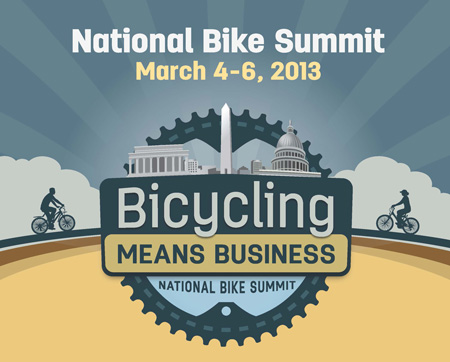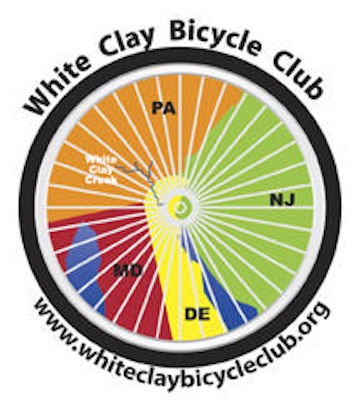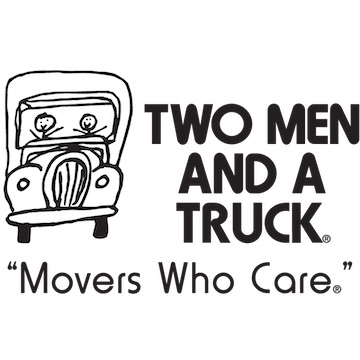“God is waiting for us”: Lesson #3 for Delaware from the National Bike Summit

Give me a minute to explain the article title.
There were a lot of great takeaways for Delaware at the National Bike Summit held in Washington, DC last week, including women-friendly bike shops and more bike chic. But for the summit, taken as a whole, I think there were 3 major lessons for us:
Lesson #1: Don’t build coalitions. Build colossal, epic, jumbo-sized coalitions, like New Jersey.
Bike Delaware puts coalition-building at the center of most of the things we do. We have built coalitions around the appointment of the current DelDOT Secretary, around the first-ever use of federal CMAQ dollars for a cycling project and, of course, for our Walkable Bikeable Delaware campaign.
But we are pikers compared to the New Jersey Bike and Walk Coalition (NJBWC). Cyndi Steiner, the executive director of NJBWC, spoke at the national summit about NJBWC’s campaign to basically reverse the cuts to walking/cycling funding that Senator Boxer and Representative Mica made in June. Their campaign included a letter to New Jersey Department of Transportation Commissioner James Simpson with sixty-nine (69!) organizations signed on.
That’s coalition building.
The NJBWC’s success reminds me of a story a lobbyist in Illinois once told me. About 15 years ago, he went to meet with an Illinois state senator to ask for the senator’s help with a piece of legislation related to housing in the state. The senator asked him if he had met with any civil rights groups interested in housing. “No,” said the lobbyist. What about other civic or community nonprofit groups? “No”. What about the chamber of commerce, or banks, or any business groups? “No”, again, was the answer.
The state senator looked disappointed. “You may be laboring under a misapprehension about the nature of your job, ” the state senator said. “It’s not your job to come ask me for help. It’s your job to first build an enormous and unstoppable coalition and then, and only then, come demand my help,” said Barack Obama.
Lesson #2: Build capacity and expertise.
- Democracy requires accountability
- Accountability requires both transparency and understanding
“MAP-21“. “AASHTO“. “TIP“. “CMAQ“. “Recission“. The transportation world is knee deep in mysterious acronyms and specialized jargon. There’s nothing necessarily sinister about this but it is a formidable barrier to transparency and, ultimately, to democratic accountability of our government.
Lesson #2 from the National Bike Summit, however, was that cycling advocates in other states have developed the expertise to understand and participate on something approaching equal footing in the transportation conversation, and that this has paid off big for cycling in those states. Our neighbors in New Jersey are one example. The Bicycle Alliance of Washington, who have developed a focused campaign on bike/ped safety, is another.
That expertise, or professionalism, was also an underlying theme of the report issued by the consultant hired by the League of American Bicyclists who interviewed congressional staffers (see “DC Insiders Give Anonymous Political Advice to Cyclists“). Promised anonymity, those DC insiders warned cyclists that we “can’t be about critical mass and kicking ass.” Instead, we need to be able to talk with authority about “multimodal, progressive, transportation options.”
The exact same lesson, from a different angle, showed up yet again in the “Tales from the State House” summit panel that Senator Dave Sokola (D-Newark) spoke at. Both Senator Sokola and the state delegate from Virginia emphasized that most state legislators have little or no staff who analyze policy. What they find helpful is when advocates bring them well researched information and analysis that they can use.
Lesson #3: “God is waiting for us.”
I got back to Delaware late Wednesday last week from the summit. Early the next morning I attended a conference of religious leaders that I had been previously invited to. This conference had absolutely nothing to do with bicycling or transportation. But I was nevertheless struck by the energy of the crowd and the passion and charisma of several of the pastors who spoke. Though it came from a very different place from the talks at the National Bike Summit, the remarks of one particular pastor, who had traveled to Delaware from the Bronx in New York City, particularly resonated.
Addressing the crowd, the pastor talked, with increasing urgency and increasing volume, about the importance of the challenges facing those with their shared convictions. He built up the case for action piece by piece until he was practically shouting. Finally, lowering his voice, he asked “What are we waiting for? Are we waiting for God?” Dramatic pause, then, with a shout so loud that he did not need the microphone he was using: “God is waiting for us!”
If you have a religious cast of mind, you can take this literally: God expects us to fight for what is right. But it also works as a metaphor: Nobody is going to just conveniently deliver the pro-cycling (and walking) change we want in Delaware for us. Almost every thing we heard at the Summit in DC reinforced the same message: Washington DC is paralyzed by extreme partisanship. All the trends are in the same direction: turn nearly all decisionmaking about transportation over to the states.
Nobody at the National Bike Summit used the religious language of the Bronx pastor. But the message was essentially the same anyway. If we want change in Delaware, we will have to make it happen. In Delaware. That was Lesson #3, the final and most important lesson, from the National Bike Summit last week.

James Wilson is the executive director of Bike Delaware.
RELATED:
• DC Insiders Give Anonymous Political Advice to Cyclists
• Authorize. Program. Spend. (A Very Short Guide to Transportation Funding for Cycling Projects)
• Advocacy Acronyms – a reference guide for the rest of us
• Politics: Stuff cyclists should know
• “State Authorized Funding for Bicycling Improvements” Tops 2013 Vote









3 Responses
James – great blog! Yes – the power is in the hands of the state and local bicycle and pedestrian advocates and their organizations to make change. Thanks to for sharing the successes of NJ and WA in your post.
[…] Delaware has a Top 3 Takeaways, which happen to not include the 5 from Adventure […]
ecodrive citizen